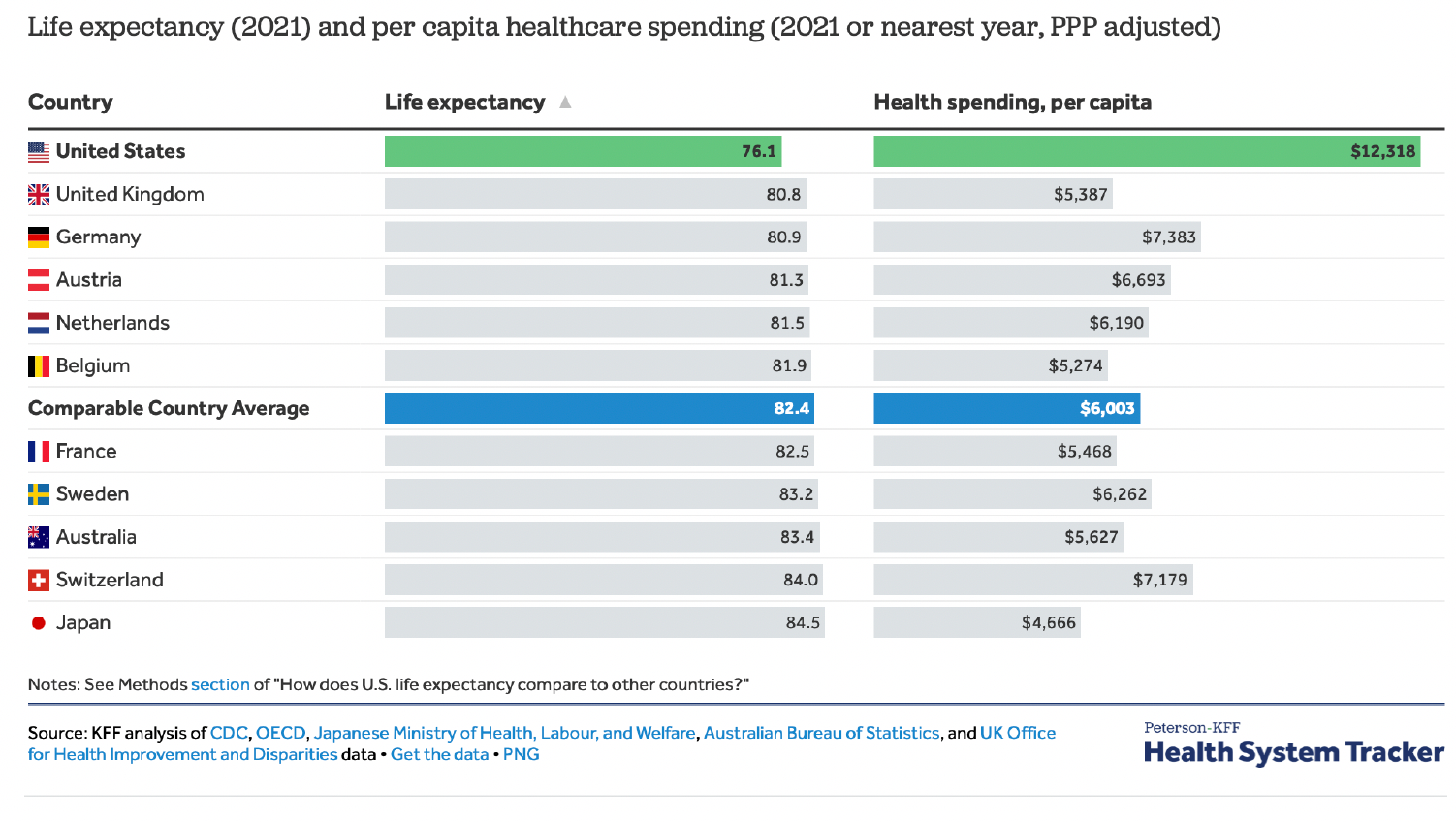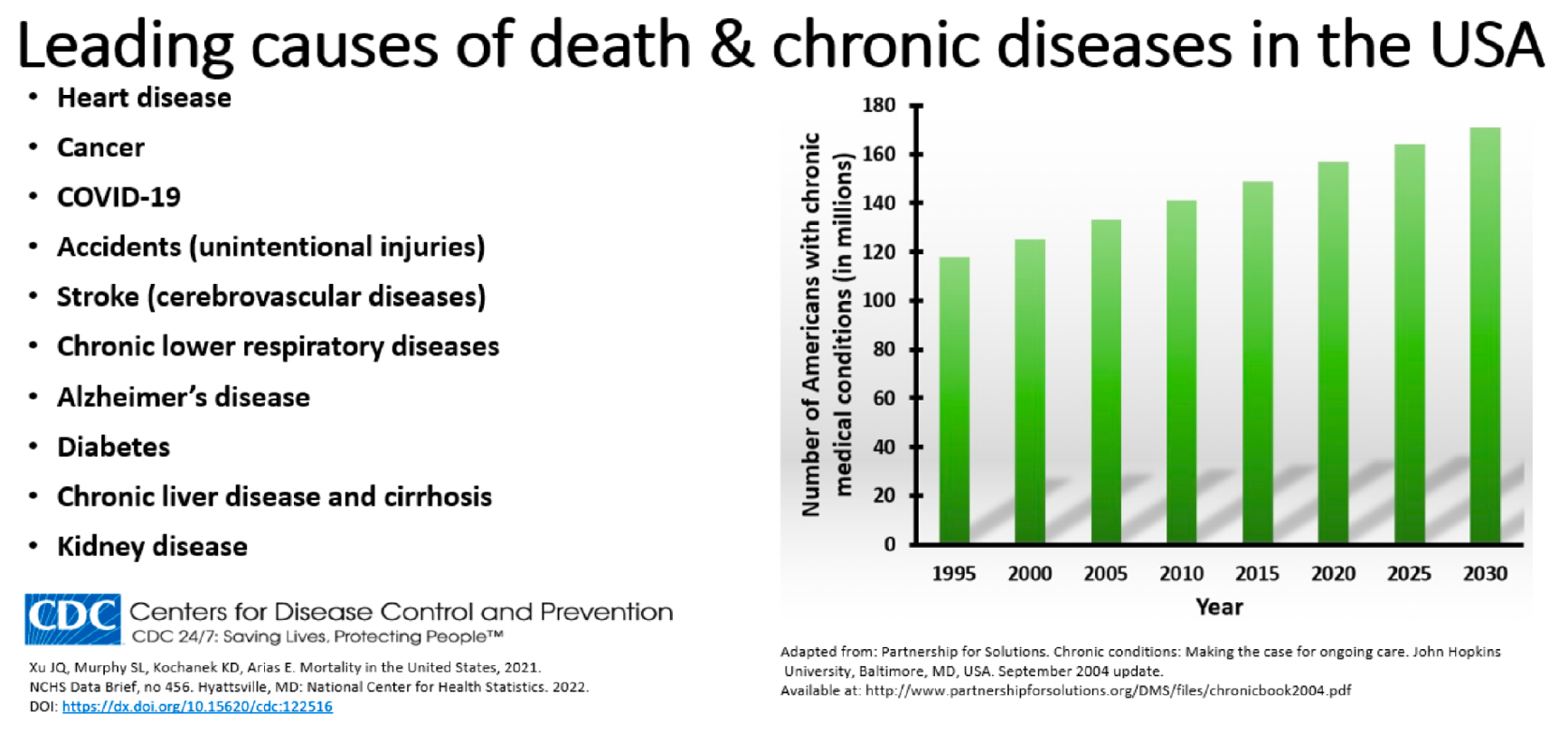
Article
How a Rebirth Toward Preventing Inflammation Will Positively Impact Age-Related Diseases, Extend Longevity
Author(s):
Diagnostic technologies are advancing quickly, which may lead to therapeutics for age-related diseases to safely reduce chronic low-grade inflammation generated by the immune system.
It was hard not to walk away from the fifth annual Age-Related Disease Conference and not be completely inspired by the numerous innovations these healthspan researchers are developing. I had the pleasure of participating at this event, while also sharing my presentation of new data tackling the multi-organ benefits of reducing chronic low-grade inflammation.
Credit: picture-waterfall - stock.adobe.com

But audacious science often pushes up against hurdles. And for these pioneers who wish to provide the world with extended longevity with improved health, that barrier may lie in the bigger health care challenge: How do we prove the efficacy of prevention?
The World Health Organization currently does not recognize aging as a disease. Aging is viewed as a natural course of life. Yet, researchers, physicians, pharmacists, and society, recognize that the sum of age-related diseases leads to our mortality.
Take cancer, for example. In the turn of the 20th century, life expectancy in the United States was 47 years of age and dying of cancer was an infrequent event. Fast forward 100 years and due to medical, pharmaceutical, and technological advances, life expectancy increased to a high of 79 years of age in 2019 and is currently trending at 76 in the United States.
Credit: Peterson-KFF

Today, cancer has become one of the leading causes of death and is recognized as an age-related disease. The older you become, your likelihood of developing cancer increases. And therapies to treat and cure cancer have and are still undergoing a renaissance of innovation.
So, the researchers developing anti-aging or longevity therapies are asking, “If we have a technology that can extend the years you can live, and those years can be lived with improved health, together, known as healthspan, how do we develop our technology to obtain FDA approval and reimbursement?”
While serving the public, the FDA approval process is the gold standard for ensuring that therapies aresafe and efficacious, and FDA approval is required for health care reimbursement. Safety is straightforward because FDA guidance clarifies a timeline for safety to be established, in both preclinical and clinical trials.
However, efficacy is based on the mitigation of a disease. And if you are extending healthspan, must you wait 50–100 years to know whether your therapy has efficacy? Currently, those efficacy trials would be impossible, which have left aging researchers perplexed for decades on how to get FDA approval.
That is, until now.
Innovation—and not small step innovation, but big audacious change—is currently happening at the intersection of technology and biology. You may have noticed technological innovations in your home devices and wearables, or the explosion of AI being utilized to make things better, faster, and cheaper.
Now, these technological advancements are being utilized to expedite the most advanced medical and pharmaceutical innovations we have ever seen. Add to genome mapping by the Human Genome Project, the current projects being undertaken to map the entire immune system (10,000 Immunomes Project and the Human Immunome Project) combined with validated biomarkers to prove efficacy, and you have a front row seat, my fellow pharmacists, to a pharmaceutical renaissance that will be the fastest and most revolutionary change affecting the entire world.
The Hallmarks of Aging
There are currently 12 hallmarks of aging, which are continually refined by researchers and opinion leaders: genomic instability, telomere attrition, epigenetic alterations, loss of proteostasis, disabled macroautophagy, deregulated nutrient-sensing, mitochondrial dysfunction, cellular senescence, stem cell exhaustion, altered intercellular communication, chronic inflammation, and dysbiosis.
Companies researching these different categories and their relationship to aging are developing the latest technology to discover and create new therapeutic modalities, which were presented at the Age-Related Disease Conference. From the very beginning of aging research, inflammation has been determined by scientists to play a very central role in accelerating the aging process. You may be aware that the leading causes of death today all have an inflammatory component to their pathophysiology, as we learn more and more about the immune system.
Credit: CDC

At Sen-Jam, we are focused on preventing and protecting against exogenous agents that can dysregulate our innate immune system, causing irreversible tissue damage. In order to rapidly bring therapeutics through the FDA approval process, we have taken our immunomodulating anti-inflammatory and combined it with a non-steroidal anti-inflammatory drug (NSAID) for maximal inflammation and pain reducing effects, while protecting the gastrointestinal (GI) tract from NSAID-induced GI injury.
We are pursuing indications, both OTC and Rx, for upper respiratory infections, substance use disorders to reduce dependence and withdrawal, and our product to reduce the toxic effects of alcohol. While moving these combination therapeutics through the FDA drug development pathway, we will be obtaining the data we need to advance our immunomodulating anti-inflammatory agent into clinical trials, as a monotherapy.
And with diagnostic technologies advancing as quickly as they are, we believe we will not only have therapeutics developed for age-related diseases, but with the staying power to last the next 100 years, to safely reduce chronic low-grade inflammation generated by our immune system.
And that’s incredible news if we want to change the paradigm on healthspan; moving from treating diseases for those who have access to health care, to preventing and protecting against the comorbidity of diseases.
About the Author
Jackie Iversen, RPh, MS, founder and chief clinical officer at Sen-Jam Pharmaceutical.
2 Commerce Drive
Cranbury, NJ 08512
All rights reserved.





